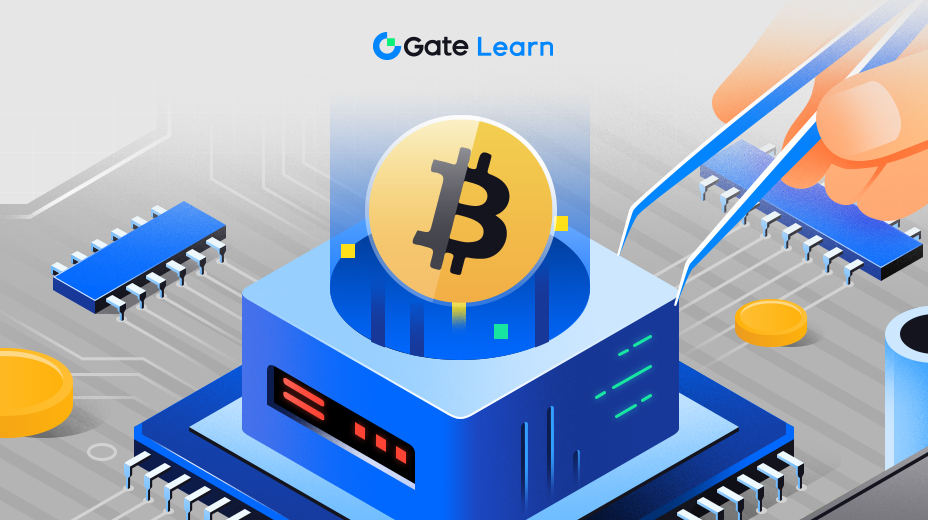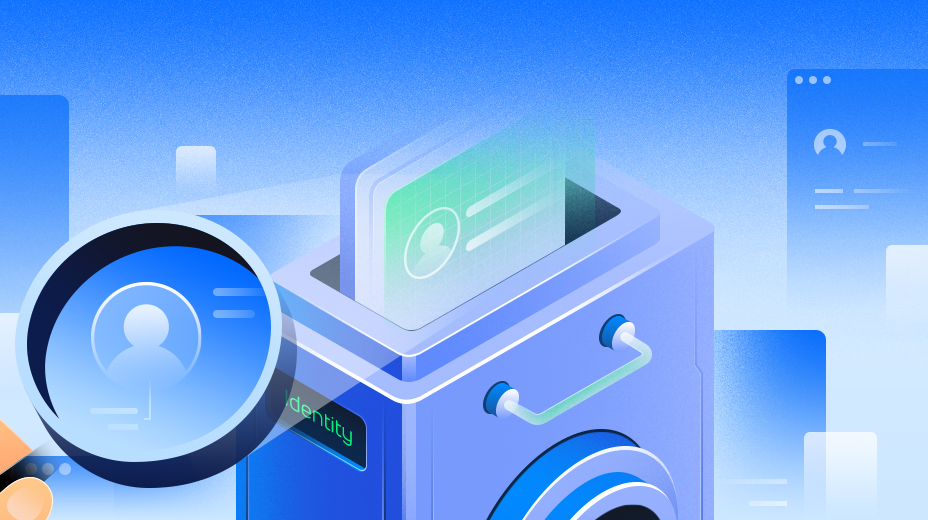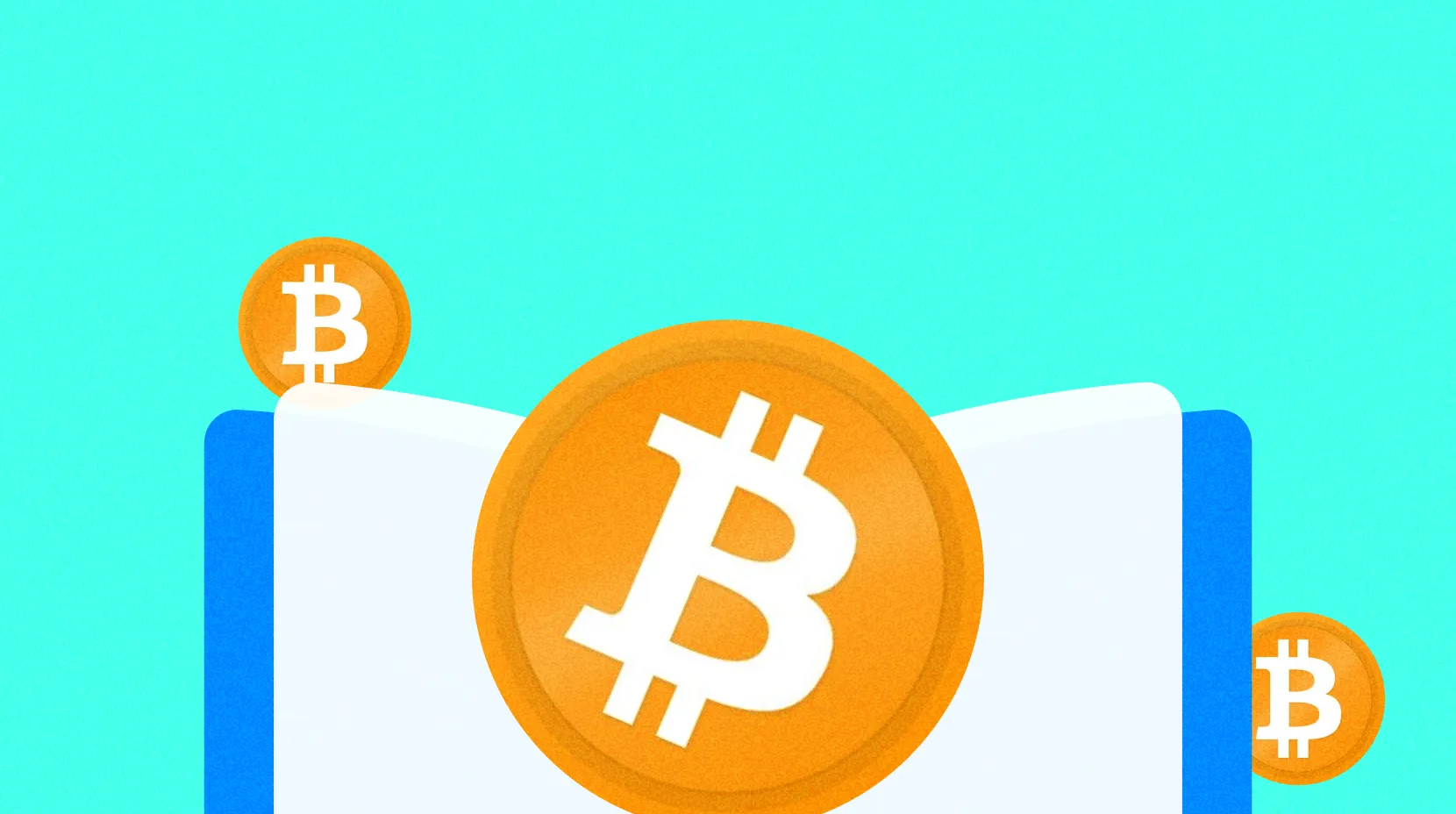Komputer Internet (ICP)
Modul 5 akan memperkenalkan Anda pada Komputer Internet, sebuah platform inovatif yang menekankan interoperabilitas. Kita akan mempelajari konsep "Tabung" dan perannya dalam memungkinkan komunikasi lintas rantai dalam ekosistem Komputer Internet. Kita akan mengeksplorasi pendekatan unik yang diambil oleh Komputer Internet dalam mencapai interoperabilitas. Selain itu, kita akan memeriksa proyek-proyek dunia nyata dan kasus penggunaan yang memanfaatkan kemampuan Jaringan Komputer Internet.
Komputer Internet dan pendekatannya terhadap interoperabilitas
Komputer Internet adalah platform berbasis blockchain yang dikembangkan oleh DFINITY Foundation yang bertujuan untuk menyediakan lingkungan terdesentralisasi dan aman untuk hosting dan menjalankan kontrak pintar dan dApps.
Komputer Internet mengambil pendekatan baru terhadap interoperabilitas dengan tujuan menciptakan jaringan blockchain berskala internet yang terpadu. Tidak seperti blockchain tradisional yang terisolasi, Komputer Internet membayangkan integrasi yang mulus dengan infrastruktur internet yang ada. Hal ini berupaya untuk memungkinkan interaksi langsung antara kontrak pintar dan teknologi web tradisional, menghilangkan kebutuhan akan perantara dan meningkatkan potensi adopsi yang lebih luas.
Komputer Internet mencapai tujuan interoperabilitasnya melalui penggunaan Chain Key Technology (CKT). CKT memungkinkan Komputer Internet untuk berintegrasi dengan protokol dan layanan internet yang ada, memungkinkan komunikasi tanpa batas dan interoperabilitas dengan aplikasi web tradisional. Pendekatan ini memperluas kemampuan Komputer Internet, memungkinkannya berinteraksi dengan berbagai layanan web dan sumber data.
Salah satu fitur inti Komputer Internet adalah kemampuan untuk menghosting dan menjalankan dApps secara langsung di jaringan. Dengan Komputer Internet, pengembang dapat menyebarkan dan menjalankan aplikasi mereka tanpa bergantung pada server web tradisional atau infrastruktur cloud. Integrasi yang mulus antara kontrak pintar dan teknologi web menyederhanakan proses pengembangan dan meningkatkan potensi adopsi aplikasi terdesentralisasi secara luas.
Arsitektur Komputer Internet terdiri dari beberapa subnet independen, yang dikenal sebagai Canisters, yang berinteraksi dan berkomunikasi satu sama lain. Canister adalah lingkungan eksekusi terisolasi yang dapat menampung kontrak pintar dan dApps. Mereka menyediakan daya komputasi yang aman dan terdesentralisasi dalam jaringan Komputer Internet.
Interoperabilitas dalam Komputer Internet melampaui platform itu sendiri. Kontrak pintar Komputer Internet dapat berinteraksi dengan sistem eksternal dan blockchain melalui penggunaan API dan gateway. Hal ini memungkinkan komunikasi lintas rantai dan transfer aset, memungkinkan Komputer Internet untuk terhubung dan berkolaborasi dengan jaringan blockchain lainnya.
Lebih lanjut, Komputer Internet membayangkan pengembangan layanan internet terbuka yang dapat berjalan langsung di jaringan. Layanan ini dapat diakses dan dimanfaatkan baik oleh aplikasi web tradisional maupun aplikasi terdesentralisasi, sehingga mendorong interoperabilitas antara web tradisional dan dunia blockchain.
Pendekatan unik Komputer Internet terhadap interoperabilitas menawarkan potensi integrasi aplikasi terdesentralisasi dan layanan web tradisional. Dengan menghubungkan langsung kontrak pintar dengan infrastruktur internet yang ada, Komputer Internet memperluas kemungkinan inovasi dan kolaborasi. Hal ini membuka jalan baru bagi pengembang dan bisnis untuk memanfaatkan keunggulan teknologi blockchain sambil menjaga kompatibilitas dengan ekosistem internet yang lebih luas.
Tabung dan perannya dalam memungkinkan komunikasi lintas rantai
Canister adalah blok bangunan mendasar dari arsitektur Komputer Internet, yang memainkan peran penting dalam memfasilitasi komputasi terdesentralisasi dan interoperabilitas.
Tabung di Komputer Internet mewakili lingkungan eksekusi terisolasi yang menampung dan menjalankan kontrak pintar dan aplikasi terdesentralisasi (dApps). Mereka dirancang untuk menyediakan daya komputasi yang aman dan terdesentralisasi dalam jaringan. Setiap Canister diberi pengenal unik, yang memungkinkannya untuk dialamatkan dan berinteraksi dengan Canister lain atau sistem eksternal.
Canister memainkan peran penting dalam memungkinkan komunikasi lintas rantai dalam ekosistem Komputer Internet. Melalui penggunaan API dan gateway, Canisters dapat berinteraksi dengan sistem eksternal, termasuk jaringan blockchain lainnya. Hal ini memungkinkan integrasi dan kolaborasi yang mulus antara Komputer Internet dan blockchain lainnya, memungkinkan komunikasi lintas rantai dan transfer aset.
Canisters Komputer Internet memanfaatkan konsep “Universal Canister Interfaces” (UCI) untuk menetapkan protokol dan saluran komunikasi standar. UCI mendefinisikan serangkaian metode dan struktur data yang memfasilitasi interoperabilitas antara Canister dan sistem eksternal. Antarmuka ini memungkinkan interaksi dan pertukaran data yang lancar antara Komputer Internet dan jaringan blockchain lainnya, sehingga meningkatkan kemampuan komunikasi lintas rantai.
Tabung dalam jaringan Komputer Internet juga dapat bertindak sebagai “jembatan” antara berbagai blockchain. Dengan memanfaatkan Canisters, Komputer Internet dapat memfasilitasi transfer aset dan data melintasi rantai yang berbeda. Hal ini memungkinkan komunikasi lintas rantai dan interoperabilitas, memperluas jangkauan dan konektivitas Komputer Internet dengan ekosistem blockchain lainnya.
Sifat Canisters yang aman dan terisolasi memastikan bahwa komunikasi lintas rantai dalam Komputer Internet dilakukan dengan cara yang aman dan tidak dapat dipercaya. Setiap Canister beroperasi secara independen, mempertahankan statusnya sendiri dan mengeksekusi kode dalam lingkungan yang terisolasi. Desain ini memastikan interaksi dengan sistem eksternal dan blockchain aman, transparan, dan anti kerusakan.
Fleksibilitas Canisters memungkinkan pengembang untuk membuat aplikasi serbaguna dan dapat dioperasikan dalam ekosistem Komputer Internet. Pengembang dapat merancang Canister yang menghubungkan dan berinteraksi dengan jaringan blockchain yang berbeda, memungkinkan pertukaran aset, pesan, dan data. Fleksibilitas ini mendorong inovasi dan kolaborasi, memungkinkan pengembang memanfaatkan kekuatan berbagai blockchain dan menciptakan aplikasi terdesentralisasi yang kuat.
Selain itu, Canisters dalam jaringan Komputer Internet dapat berfungsi sebagai pintu gerbang untuk data dan layanan dari web tradisional. Melalui interaksinya dengan sistem eksternal, Canisters dapat mengakses dan memanfaatkan layanan web tradisional, sumber data, dan API. Integrasi antara Canisters dan ekosistem web tradisional meningkatkan interoperabilitas dan konektivitas antara aplikasi terdesentralisasi dan infrastruktur web yang ada.
Proyek penting dan kasus penggunaan di Jaringan Komputer Internet
Arsitektur unik dan fitur interoperabilitas Komputer Internet telah menarik berbagai aplikasi dan inisiatif inovatif.
Salah satu proyek penting di Jaringan Komputer Internet adalah platform media sosial terdesentralisasi yang disebut “Dfinity CanCan.” Ini memanfaatkan infrastruktur terdesentralisasi Komputer Internet untuk memberikan pengguna alternatif yang tahan sensor dan berfokus pada privasi dibandingkan platform media sosial tradisional. CanCan bertujuan untuk memberdayakan pengguna dengan memberi mereka kepemilikan dan kendali atas data mereka sambil mengembangkan pengalaman sosial berbasis komunitas dan terdesentralisasi.
Jaringan Komputer Internet juga menjadi tuan rumah proyek identitas terdesentralisasi (DID). Salah satu contohnya adalah “Fleek,” sebuah platform yang memungkinkan pengembang membangun dan menyebarkan aplikasi terdesentralisasi (dApps) dengan integrasi tanpa batas ke Komputer Internet. Fleek memanfaatkan interoperabilitas Komputer Internet untuk menyediakan sistem manajemen identitas yang terdesentralisasi dan tahan sensor kepada pengguna, meningkatkan privasi dan keamanan.
Jaringan Komputer Internet juga menyaksikan munculnya proyek-proyek yang berfokus pada game berbasis blockchain. “OpenMinter” adalah contoh proyek yang memanfaatkan Komputer Internet untuk memungkinkan pembuatan, kepemilikan, dan perdagangan token non-fungible (NFT). Dengan memanfaatkan infrastruktur terdesentralisasi Komputer Internet, OpenMinter bertujuan untuk menyediakan platform yang terukur dan hemat biaya bagi para penggemar dan pencipta NFT.
Selain itu, Jaringan Komputer Internet mendorong perkembangan pasar yang terdesentralisasi. “ICP Market” adalah contoh proyek yang memungkinkan pengguna membeli dan menjual aset dan layanan digital langsung di Jaringan Komputer Internet. Pasar terdesentralisasi ini memberikan alternatif terhadap platform terpusat, menawarkan peningkatan keamanan dan transparansi.
Jaringan Komputer Internet juga mendukung pengembangan solusi perusahaan. Proyek seperti “Fleek Business” menawarkan bisnis kemampuan untuk menyebarkan dan menjalankan aplikasi mereka di Jaringan Komputer Internet, menyediakan infrastruktur yang terdesentralisasi dan aman. Pendekatan ini memungkinkan bisnis untuk memanfaatkan manfaat teknologi blockchain sambil menjaga kompatibilitas dengan sistem dan proses yang ada.
Selain proyek-proyek ini, Jaringan Komputer Internet telah menarik beragam inisiatif, termasuk platform hosting konten, sistem tata kelola terdesentralisasi, dan solusi manajemen rantai pasokan. Proyek-proyek ini memanfaatkan interoperabilitas Komputer Internet dan infrastruktur terdesentralisasi untuk memberikan solusi inovatif di domain masing-masing.
Highlight
- Jaringan Komputer Internet menyelenggarakan proyek-proyek penting seperti Dfinity CanCan, platform media sosial terdesentralisasi, yang memberikan alternatif privasi dan tahan sensor kepada pengguna.
- Proyek seperti Fleek berfokus pada identitas terdesentralisasi (DID), yang menyediakan sistem manajemen identitas yang tahan sensor kepada pengguna.
- Jaringan Komputer Internet memfasilitasi permainan berbasis blockchain, seperti yang terlihat dalam proyek seperti OpenMinter, yang memungkinkan pembuatan dan perdagangan token non-fungible (NFT).
- Pasar terdesentralisasi seperti ICP Market menawarkan pengguna kemampuan untuk membeli dan menjual aset dan layanan digital langsung di Jaringan Komputer Internet.
- Solusi perusahaan seperti Fleek Business memungkinkan bisnis untuk menyebarkan aplikasi mereka di Jaringan Komputer Internet, memanfaatkan infrastrukturnya yang terdesentralisasi dan aman.
- Jaringan Komputer Internet menarik berbagai inisiatif, termasuk platform hosting konten, sistem tata kelola terdesentralisasi, dan solusi manajemen rantai pasokan, yang berkontribusi terhadap pertumbuhan dan penerapannya.





